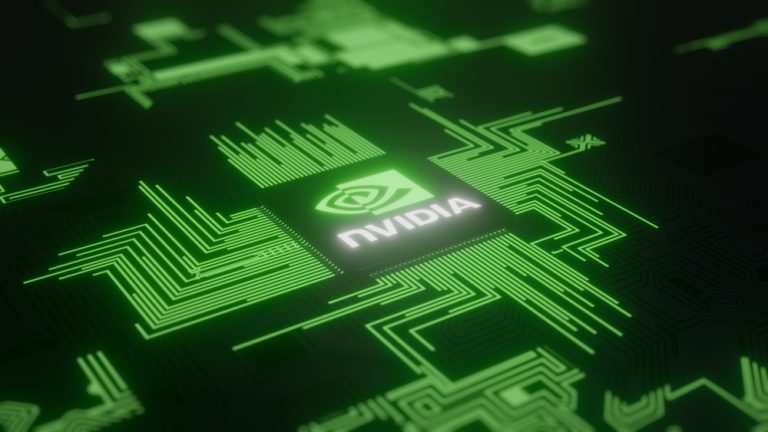H20 Chips Approved Amid Trade Policy Shifts
Nvidia has received approval from the Trump administration to begin shipping its H20 graphics processing units (GPUs) to China, reversing prior restrictions that had threatened billions in revenue. The announcement came via a company blog post and was confirmed by CEO Jensen Huang during a visit to Beijing, where he stated that licenses have been granted and deliveries are expected to start soon.
The H20 chip, specifically designed to comply with U.S. export controls, is a scaled-down version of Nvidia’s more powerful GPUs that remain banned from the Chinese market. Huang emphasized the importance of serving China’s massive AI market, noting that half of the world’s AI researchers are based there. Shares of Nvidia rose over 4% following the announcement.
U.S.-China Tech Policy Softens
The decision follows months of lobbying by Nvidia and other industry leaders who argued that sweeping export controls undermined American competitiveness. The shift also coincides with broader easing in U.S.-China trade tensions, including a new agreement on rare earth magnet exports and lifted restrictions on chip design software and jet engine components.
Commerce Secretary Howard Lutnick linked the chip sales approval to these trade agreements, while stressing that the U.S. still prohibits the export of its most advanced AI technology. The administration’s new stance suggests a balancing act between national security and economic interests, particularly as U.S. firms look to maintain their dominance in AI innovation.
Chips, Tariffs and Political Favor
Nvidia’s recent commitments to domestic manufacturing have likely played a role in the administration’s favorable treatment. The company announced plans to build its Blackwell AI chips and supercomputers in Arizona and Texas, earning praise from President Trump, who called Huang a “smart cookie” during a White House event in April.
At the same time, Nvidia has been one of the biggest beneficiaries of the global AI boom, becoming the first company to surpass a $4 trillion market cap. Still, the firm remains exposed to geopolitical risks, including tariffs and ongoing scrutiny over advanced chip exports. Some lawmakers, such as Senators Elizabeth Warren and Jim Banks, have renewed calls for tighter tracking of chips sent abroad, citing concerns about China’s military modernization.
AI Competition Heats Up Globally
China’s rise in AI capabilities, including the debut of its DeepSeek chatbot earlier this year, has fueled debate about whether export controls help or hinder U.S. leadership in the sector. Critics argue that restrictions may encourage China to innovate independently, while supporters believe curbing access slows Beijing’s technological ambitions.
Nvidia’s licensing victory may also benefit competitors. AMD confirmed that its MI308 chips, previously restricted alongside Nvidia’s H20, are now under review for export licenses. If approved, AMD is expected to resume sales to China shortly. These developments mark a pivotal shift in how the U.S. approaches high-tech competition with China, especially in the AI arms race.


